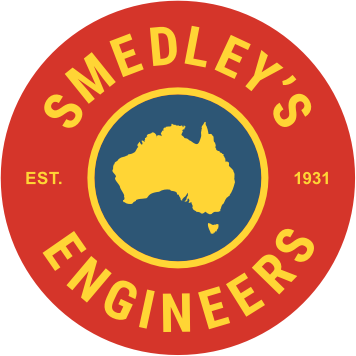Phil Webb started his career with PACCAR in late 1975. Some 44 years later, after rising to the rank of Off-Highway and Export Manager with a strong engineering involvement, he has retired to spend more time running his farm.
It could well be the subject of many a young boy’s dream – to work for the company that produces the iconic Kenworth trucks in their various iterations.
Phil Webb has lived this dream for more than four decades, indelibly stamping his unique engineering prowess into an array of Australian-built Kenworth models that have rolled out of PACCAR’s Bayswater (Vic) production facility in that time.
Indeed, it is no exaggeration to state that Phil’s input has played a pivotal role in the formidable success of the Kenworth brand in this country.
Put simply, Kenworth’s bullet-proof reputation and subsequent sales success have come about due to PACCAR’s local aptitude in engineering and building trucks that not only survive but thrive in the harshest conditions this country has to offer.
Phil’s first role with PACCAR in 1975 was Sales Administration Assistant; however, it wasn’t long before he was running the sales administration department.
“When I started we were building three trucks per week, comprising the K100 series cab-over along with W900AR, W900SAR and W900S2R conventional models. Some few years later we were turning out two to three trucks a day.”
Interestingly, Phil mentions that around the time he started with the company it commenced using a locally manufactured wide hood which accommodated a larger cooling package and component commonality such as the grille in the conventional models. This was ostensibly the start of PACCAR’s big push to completely customise the local models for Australian conditions.
Having previously acquired a degree in mechanical engineering, Phil progressed from sales and customer service roles to become a branch manager at the Kenworth dealership based at St Peters in Sydney and a role in the combined Lansvale (south-west Sydney) and St Peters operations.
This included a six-month stint in the parts department at Lansvale before Phil returned to Bayswater.
“After I returned to Melbourne, I was tasked with overseeing the Australian specification development of the L700 and C500 models.” As Phil elaborates, it’s clear he considers the C500 and its later iterations among the crowning achievements in his career at PACCAR.
“The C500 evolved over time from a heavy-chassis, small engine unit into the big-bore powered C510 and C540 models, the latter featuring an Allison auto transmission. The original C510 was configured to suit the needs of Jim Cooper, owner of the Road Trains of Australia business at the time,” he says.
In summing up, Phil remarks that his time with PACCAR has been punctuated by a continual drive to pre-empt the needs of the customer by producing fit-for-purpose trucks in a timely fashion.
“The most important thing has always been to understand where the industry wants to end up and why, then working out ways to engineer the products to suit these specific ideals.”
This Industry Icon article was first published on trailermag.com.au
